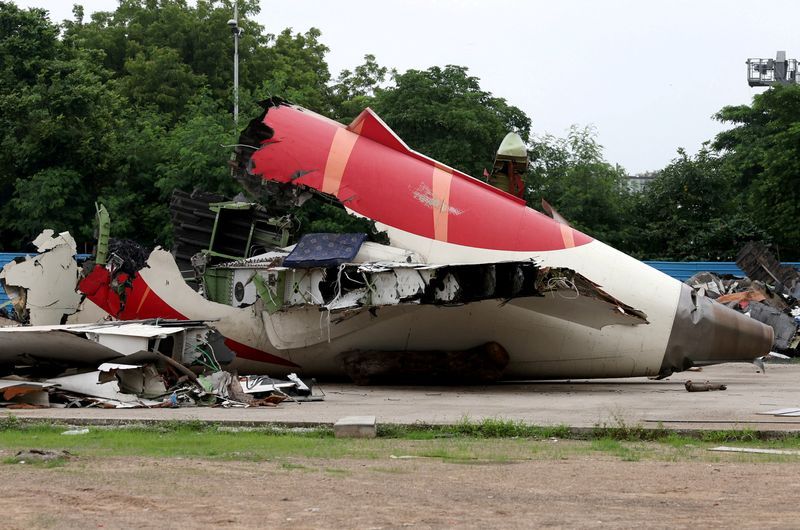Air India Tragedy Sparks Critical Debate Over Privacy vs. Safety in Cockpit Surveillance
The recent Air India crash has reignited a complex debate about installing video cameras in airline cockpits, pitting safety advocates against privacy defenders. This technological discussion touches on fundamental questions about surveillance, worker rights, and public safety in our increasingly monitored world.

An airline cockpit represents the intersection of safety technology and privacy rights in modern aviation
Privacy Versus Public Safety: The Growing Debate Over Cockpit Surveillance
In the wake of last month's devastating Air India crash that claimed 260 lives, the aviation industry faces a critical ethical and technological crossroads regarding cockpit surveillance. The incident has reignited a decades-old debate that perfectly encapsulates our society's broader struggles with privacy rights in an age of increasing surveillance.
The Push for Greater Transparency
International Air Transport Association chief Willie Walsh, himself a former pilot, has voiced support for implementing cockpit video monitoring. This stance comes as preliminary investigations raise troubling questions about potential pilot actions in the Air India tragedy.
"Based on what little we know now, it's quite possible that a video recording, in addition to the voice recording would significantly assist the investigators in conducting that investigation on the issue of mental health," Walsh stated.
The Civil Rights Perspective
However, pilot unions and privacy advocates raise legitimate concerns about worker rights and dignity in an increasingly surveilled workplace. The Air Line Pilots Association (ALPA) and Allied Pilots Association (APA) argue that existing voice and data recorders already provide sufficient information for accident investigations.
Dennis Tajer, an American Airlines pilot and APA spokesperson, emphasizes the need to balance safety with privacy rights: "I can understand the initial reaction of the more information, the better, but investigators already have enough data to adequately determine an accident's cause."
Ethical Implications and Public Interest
The debate touches on several critical concerns:
- Potential misuse of footage for disciplinary actions
- Risk of sensitive material being leaked to media
- Impact on families of deceased pilots
- Workers' rights to privacy in high-stress environments
Success Stories and Future Implications
Proponents point to success stories, such as the Australian Transport Safety Bureau's investigation of a 2023 helicopter crash, where video footage proved "invaluable" in determining the cause. This raises important questions about whether the benefits to public safety outweigh privacy concerns.
Moving Forward: Balancing Rights and Safety
As our society grapples with questions of surveillance and privacy, the cockpit camera debate represents a microcosm of larger technological and ethical challenges. Finding the right balance between safety oversight and worker privacy rights remains crucial for maintaining both public confidence and professional dignity in aviation.
Rachel Whitman
Rachel L. Whitman is a political columnist and investigative journalist based in Washington, D.C. Her writing focuses on democratic resilience, civil rights, and the intersection of technology and public policy. With a background in law and public affairs, she brings sharp analysis and a deep commitment to progressive values.
